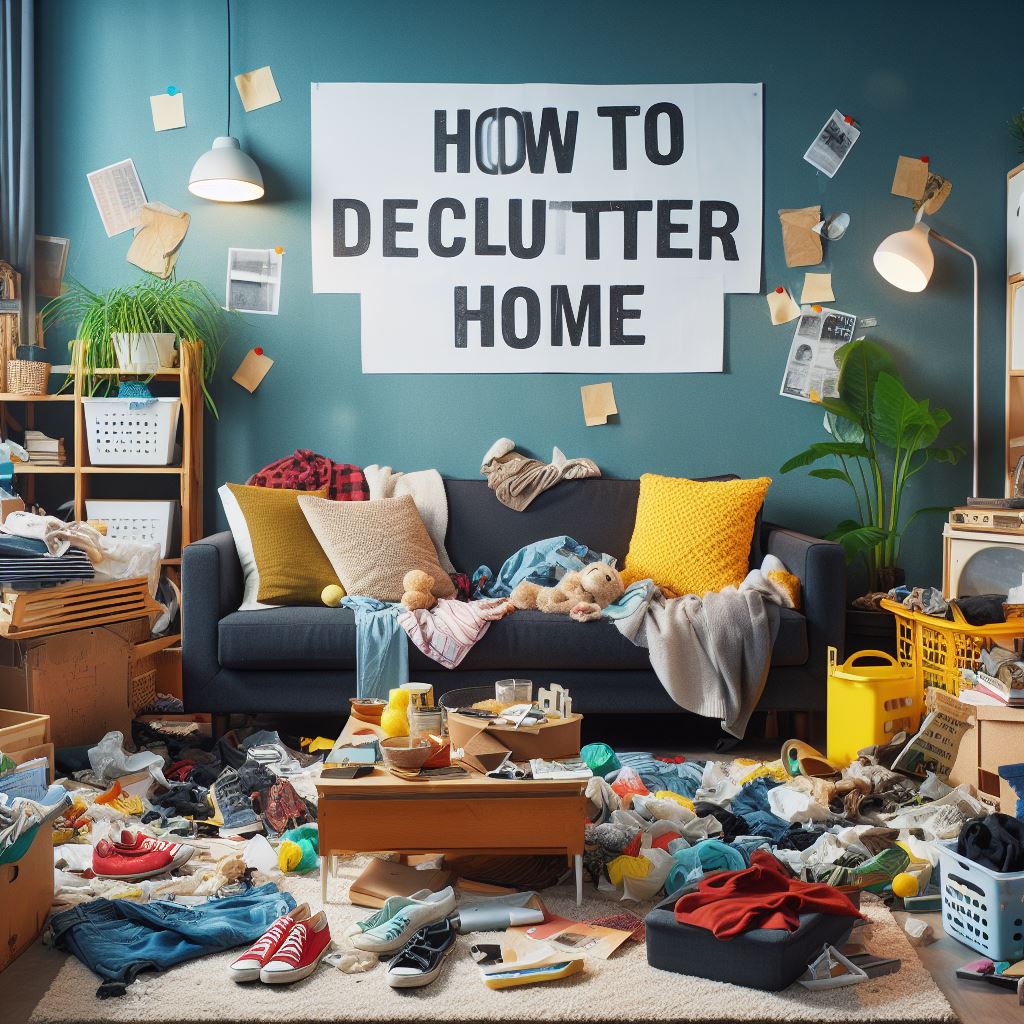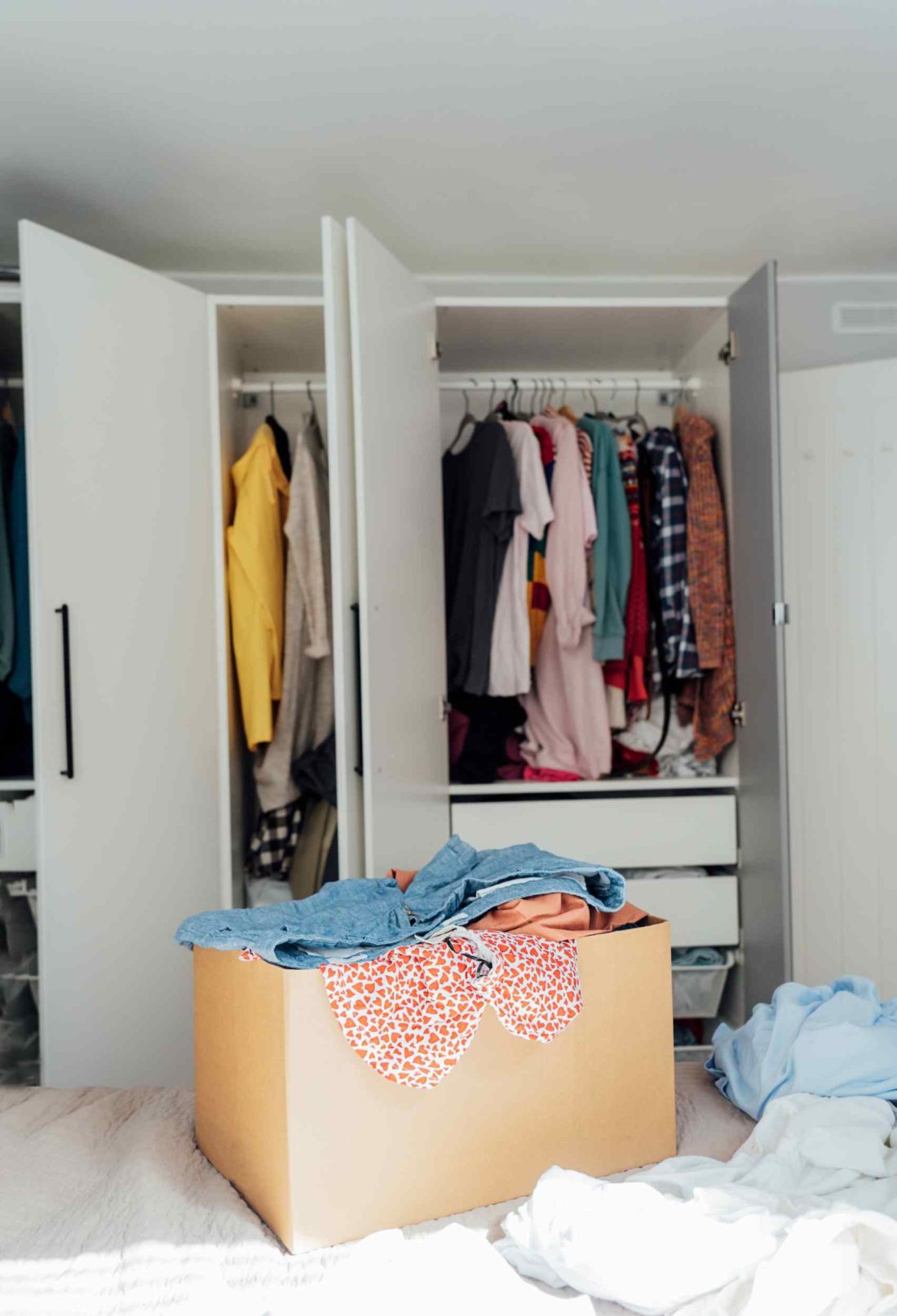Reclaiming Your Space: A Comprehensive Guide To Home Decluttering And Junk Removal
Reclaiming Your Space: A Comprehensive Guide to Home Decluttering and Junk Removal
Related Articles: Reclaiming Your Space: A Comprehensive Guide to Home Decluttering and Junk Removal
Introduction
With enthusiasm, let’s navigate through the intriguing topic related to Reclaiming Your Space: A Comprehensive Guide to Home Decluttering and Junk Removal. Let’s weave interesting information and offer fresh perspectives to the readers.
Table of Content
Reclaiming Your Space: A Comprehensive Guide to Home Decluttering and Junk Removal
:max_bytes(150000):strip_icc()/decluttering-your-entire-home-2648002_final-8c0e3c4755b241a5abff3315c2a44c22.png)
Homes, like any living organism, are susceptible to clutter. Over time, accumulated possessions, forgotten items, and discarded materials can transform a once-welcoming space into a labyrinth of disarray. This accumulation, often referred to as "junk," not only detracts from the aesthetics of a home but also negatively impacts its functionality and emotional well-being.
This article provides a comprehensive guide to navigating the process of decluttering and removing unwanted items from your home, emphasizing the multifaceted benefits it offers. From understanding the psychology of clutter to practical tips for effective removal, this guide aims to empower individuals to reclaim their space and cultivate a more organized and fulfilling home environment.
Understanding the Psychology of Clutter
The presence of clutter in a home is not merely an aesthetic issue; it often reflects underlying psychological and emotional factors. Clutter can be a symptom of:
- Procrastination: The act of delaying tasks, including decluttering, can result in a build-up of unwanted items.
- Emotional Attachment: Sentimental value attached to objects can make it difficult to part with them, even if they are no longer useful.
- Fear of Loss: The fear of losing something valuable or needed in the future can lead to hoarding tendencies.
- Perfectionism: The desire to maintain a perfect and pristine environment can lead to an inability to let go of items, even if they are no longer needed.
- Stress and Anxiety: Clutter can contribute to feelings of stress and anxiety, creating a chaotic and overwhelming environment.
The Benefits of Decluttering and Junk Removal
Addressing clutter in the home offers numerous benefits, both tangible and intangible:
- Improved Physical Space: Decluttering creates a more spacious and organized environment, making it easier to move around and access belongings.
- Enhanced Mental Clarity: A clutter-free home fosters a sense of peace and order, reducing mental stress and anxiety.
- Increased Productivity: A clean and organized workspace enhances focus and concentration, improving productivity in both work and personal tasks.
- Improved Health and Well-being: A clutter-free home promotes a sense of control and order, contributing to improved overall health and well-being.
- Financial Savings: Decluttering can reveal unused or forgotten items that can be sold or donated, generating income or supporting charitable causes.
- Environmental Responsibility: Removing unwanted items from the home can reduce waste and contribute to a more sustainable lifestyle.
A Step-by-Step Guide to Decluttering and Junk Removal
The process of decluttering and removing junk from your home can be daunting, but a structured approach can make it manageable and rewarding:
1. Planning and Preparation:
- Define Your Goals: Clearly define what you hope to achieve by decluttering, whether it’s creating more space, reducing stress, or preparing for a move.
- Allocate Time: Set aside specific time slots for decluttering, starting with smaller areas and gradually expanding.
- Gather Supplies: Collect necessary tools, such as trash bags, boxes, cleaning supplies, and labeling materials.
2. Sorting and Decluttering:
- Categorize Items: Divide belongings into categories, such as clothing, books, electronics, and kitchenware.
- Evaluate Each Item: Ask yourself questions about each item: Do you use it? Do you love it? Does it have sentimental value?
- Make Decisions: Categorize items into three groups: keep, donate, and discard. Be honest and decisive about what you no longer need.
3. Organizing and Storage:
- Assign Designated Areas: Designate specific areas for storing belongings, utilizing shelves, drawers, and storage containers.
- Label Clearly: Label containers and shelves to ensure easy access and organization.
- Maximize Vertical Space: Utilize shelves and vertical storage solutions to maximize space utilization.
4. Removal and Disposal:
- Donate: Find local charities or organizations that accept donations of unwanted items.
- Sell: Consider selling items online or at consignment stores to generate income.
- Recycle: Properly dispose of recyclable materials, such as paper, glass, and plastic.
- Discard: Dispose of unwanted items responsibly, ensuring compliance with local waste management regulations.
5. Maintenance and Prevention:
- Regular Decluttering: Schedule regular decluttering sessions to prevent clutter from accumulating again.
- One-In, One-Out Rule: For every new item brought into the home, discard an old item to maintain balance.
- Mindful Shopping: Be mindful of purchases, considering whether items are truly needed and how they will be stored.
FAQs About Moving Junk from Home
Q: How do I decide what to keep and what to donate or discard?
A: Consider the following factors:
- Frequency of Use: If you haven’t used an item in a year, it’s likely you don’t need it.
- Sentimental Value: While sentimental items can be difficult to part with, consider whether they bring you joy or simply occupy space.
- Functionality: Ensure items are in working condition and serve a purpose.
- Space Constraints: Evaluate whether an item fits into your current living space and lifestyle.
Q: What are the best ways to dispose of unwanted items responsibly?
A:
- Donation: Donate unwanted items to local charities, thrift stores, or organizations that accept donations.
- Recycling: Properly dispose of recyclable items, such as paper, plastic, glass, and metal, following local recycling guidelines.
- E-waste Recycling: Dispose of electronic devices, such as computers, phones, and batteries, at designated e-waste recycling centers.
- Household Hazardous Waste: Dispose of hazardous materials, such as paints, chemicals, and batteries, at designated collection points or hazardous waste facilities.
Q: How can I make the decluttering process less overwhelming?
A:
- Start Small: Focus on decluttering one area at a time, such as a drawer or a single room, to avoid feeling overwhelmed.
- Set Realistic Goals: Don’t attempt to declutter the entire house in one day. Break the process into smaller, manageable tasks.
- Take Breaks: Take frequent breaks to avoid burnout and maintain focus.
- Reward Yourself: Celebrate your progress by treating yourself to something you enjoy.
Tips for Moving Junk from Home
- Enlist Help: If possible, ask for help from family or friends to make the decluttering process more efficient.
- Use a Timer: Set a timer for short intervals to focus your attention and avoid becoming bogged down.
- Utilize Visual Aids: Take pictures of your belongings before and after decluttering to track progress and visualize the transformation.
- Embrace Imperfection: Don’t strive for perfection; it’s okay to make mistakes and learn from them.
- Focus on the Benefits: Remind yourself of the positive outcomes of decluttering, such as increased space, reduced stress, and improved well-being.
Conclusion
Decluttering and removing unwanted items from your home is a transformative process that yields numerous benefits, from improved physical space and mental clarity to enhanced productivity and overall well-being. By understanding the psychology of clutter, embracing a structured approach, and utilizing the tips and strategies outlined in this guide, individuals can reclaim their space, cultivate a more organized and fulfilling home environment, and create a living space that reflects their values and aspirations. Remember, the journey of decluttering is not about discarding possessions but rather about reclaiming your space and creating a home that truly nourishes your mind, body, and soul.




:max_bytes(150000):strip_icc()/decluttering-your-entire-home-2648002-03-0d7df53fe9564f3fa1fe63aa19d7062f.jpg)



Closure
Thus, we hope this article has provided valuable insights into Reclaiming Your Space: A Comprehensive Guide to Home Decluttering and Junk Removal. We thank you for taking the time to read this article. See you in our next article!